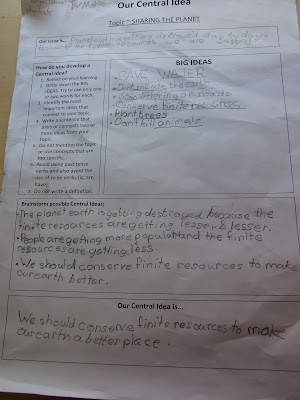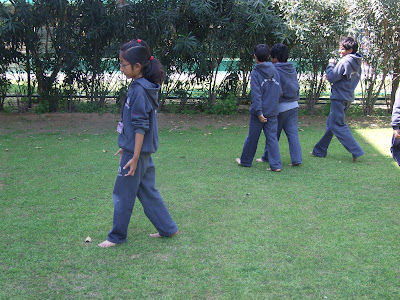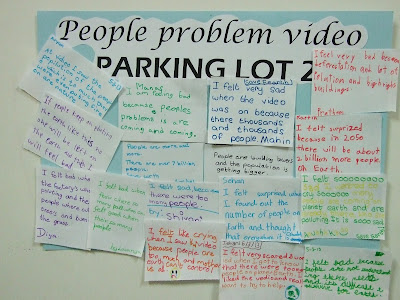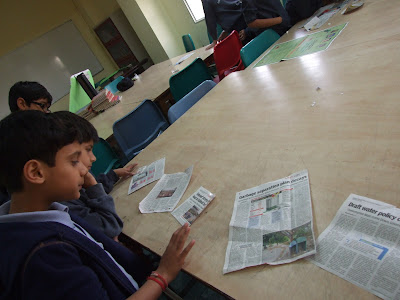Water
sources
Case
studies
Natural resources are
very important to all communities throughout the world. In
fact, without natural resources, we couldn’t survive! Water
is one of them.
Clean water is an essential resource to human life. Current
population growth and urbanisation trends mean water is increasingly scarce. At
the same time, extreme weather conditions can also cause situations where
excess water is a problem.
How much water do humans use? The answer depends on
where they live and on their socioeconomic status.
Today our students geared themselves up
with a thorough research on finding out how people living in the other parts of
the world get their water from.
As a class we studied
three case studies from SRILANKA where Sanuthi get her water by storing ‘rain water’. In
northeast MOROCCO; Najet used to walk 2.5 miles to get water but then they
had well to provide water. In Shanghai, CHINA; Ling receives treated water in her apartment taps from
Yangtze river.
As a group students used library books to do their research and
find about the water sources in different parts of the world. Unbeknown, two
groups choose their study on the under-developed countries; Hasmabad in India
and the group chose Africa. Two other groups chose the developed countries like
UK and Australia and brought their findings.


























































